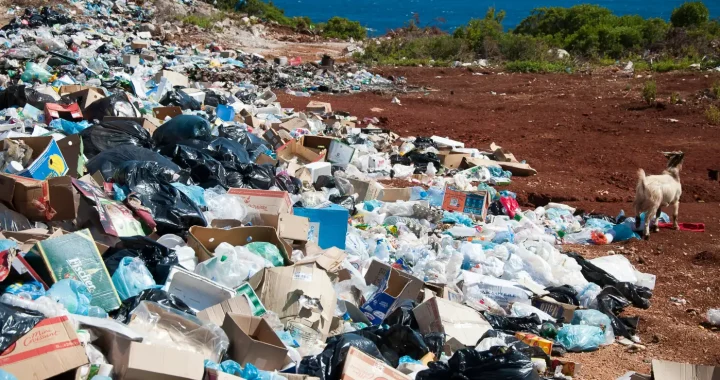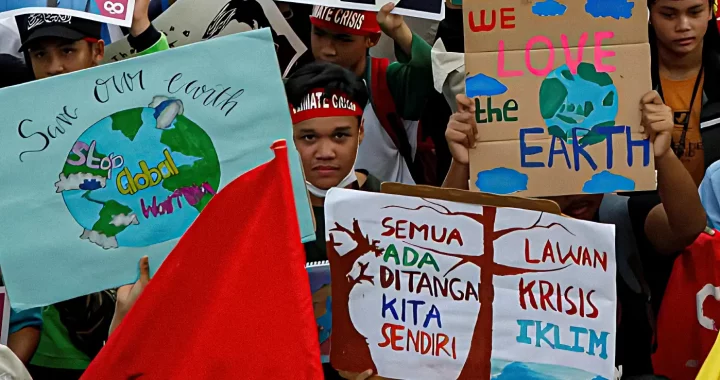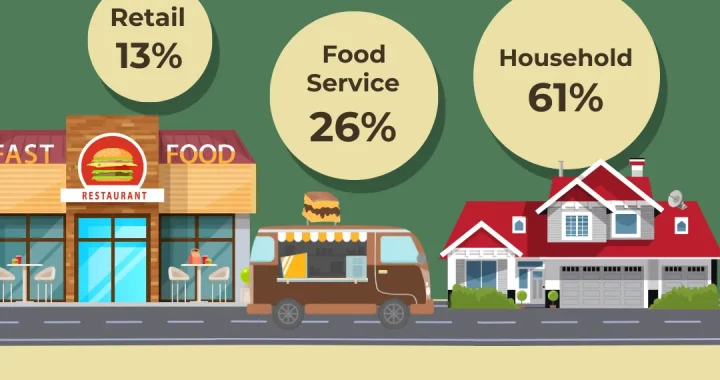How Digital Technologies Affect Migrant Rights

Photo: Moayad Zaghdani on Unsplash.
Technologies have benefitted us in many ways. However, they also have several drawbacks, including privacy violations, lack of cybersecurity, image-based sexual abuse, and other human rights-related risks. In the context of migration, the growing use of digital technologies in migrant management poses similar risks against migrants and asylum seekers. How? Amnesty International explores the implications of digital technology intervention to migrant rights in a new brief document.
Migration at a Glance
People often migrate in search of a better life. In 2020, the International Organization for Migration estimated that there were 281 million international migrants in the world—equivalent to 3.6% of the world’s population. Apart from seeking opportunities, however, the climate crisis, natural disasters, and conflicts also contribute to the number of migrants, refugees, and displaced people worldwide.
Migrants and asylum seekers can be vulnerable to human rights violations. They are at risk of becoming stateless and often denied their basic human rights, including privacy, shelter, and jobs, in many aspects of the migration process and management.
Technologies & Concerns
As the use of digital technologies within these processes is rapidly expanding, there is a growing need to understand the impact of these technologies on migrant rights, welfare, and well-being.
In early February 2024, Amnesty International published an introductory briefing document exploring the use of digital technology in migration management systems across the globe. The document presents the key development of digital technologies deployed in the systems and the human rights concerns arising from their use.
The brief shares that there has been a growing trend of digital technologies in migration management systems, particularly for data collection and surveillance purposes. For instance, the European Union implemented a trial project for an automated border control system in 2016 called the iBorderCtrl, which used Artificial Intelligence (AI) to question travelers crossing borders. The system would then determine the travelers’ honesty by assessing their facial expressions using facial and emotion recognition technologies.
In 2018, Canada deployed algorithmic risk assessment tools to determine the approval or rejection of visa and asylum applications. The briefing also mentioned the use of electronic alternatives to detention (e-ATD) products, data extraction, and border externalization as forms of digital technology integration in migration management systems.
Although these technologies might be intended to streamline the migration process, concerns arise over migrant rights violations in the forms of discrimination, bias, and errors in their operations. The briefing further reveals that collecting and using biometrics data can result in the misrecognition of people of certain races and exclusion based on national origin, whether intentionally or unintentionally.
Furthermore, if not backed with proper procedures, algorithmic decision-making can result in arbitrary decisions, such as family separation, deportation, and asylum denials, due to its vulnerability to bias and errors. There is also concern over data sharing and privacy violations, which can lead to abuse and persecution.
Safeguarding Migrant Rights
Sustainable development aims to make progress without leaving anyone behind. Beyond the potential to improve work and streamline procedures, integrating digital technologies in migration management systems also poses risks to migrant rights. Without proper monitoring and comprehensive structures behind it, these technologies could potentially perpetuate systemic racism, discrimination, and oppression.
Therefore, the briefing concludes with several recommendations for governments to address this issue. Some of them are to:
- Refrain from using technologies that contradict migrant rights and ensure digital technologies address systemic racism, xenophobia, and discrimination.
- Prohibit the use of AI-based emotion recognition tools, automated risk assessment, and profiling systems, especially in migration, asylum, and border control management.
- Conduct human rights impact assessments and data protection impact assessments before deploying digital technologies.
Read the full report here.
Editor: Nazalea Kusuma
Thank you for reading!
If you find this content useful, join GNA-International Annual Individual Membership and gain unlimited online access to all news and stories, including Exclusive Content that showcases sustainable development and sustainability cross-sectoral insights from multi-stakeholders in governments, businesses, and civil society in the Asia Pacific and beyond. Build your personal and professional capacity in the field of sustainable development and sustainability with Green Network Asia.

Kresentia Madina
Madina is a Reporter at Green Network Asia. She graduated from Universitas Indonesia with a bachelor's degree in English Literature. She has three years of professional experience in editorial and creative content creation, editing, and research.


 Developing Countries Need More Than Climate Financing to Decarbonize
Developing Countries Need More Than Climate Financing to Decarbonize  A Global Treaty to End Plastic Pollution is Underway
A Global Treaty to End Plastic Pollution is Underway  Indonesia Needs More “Climate Realists”
Indonesia Needs More “Climate Realists”  Mainstreaming Impact Investing for Sustainable Development
Mainstreaming Impact Investing for Sustainable Development  Social Protection for Indonesia’s Gig Economy Workers
Social Protection for Indonesia’s Gig Economy Workers  Food Waste in Southeast Asia
Food Waste in Southeast Asia